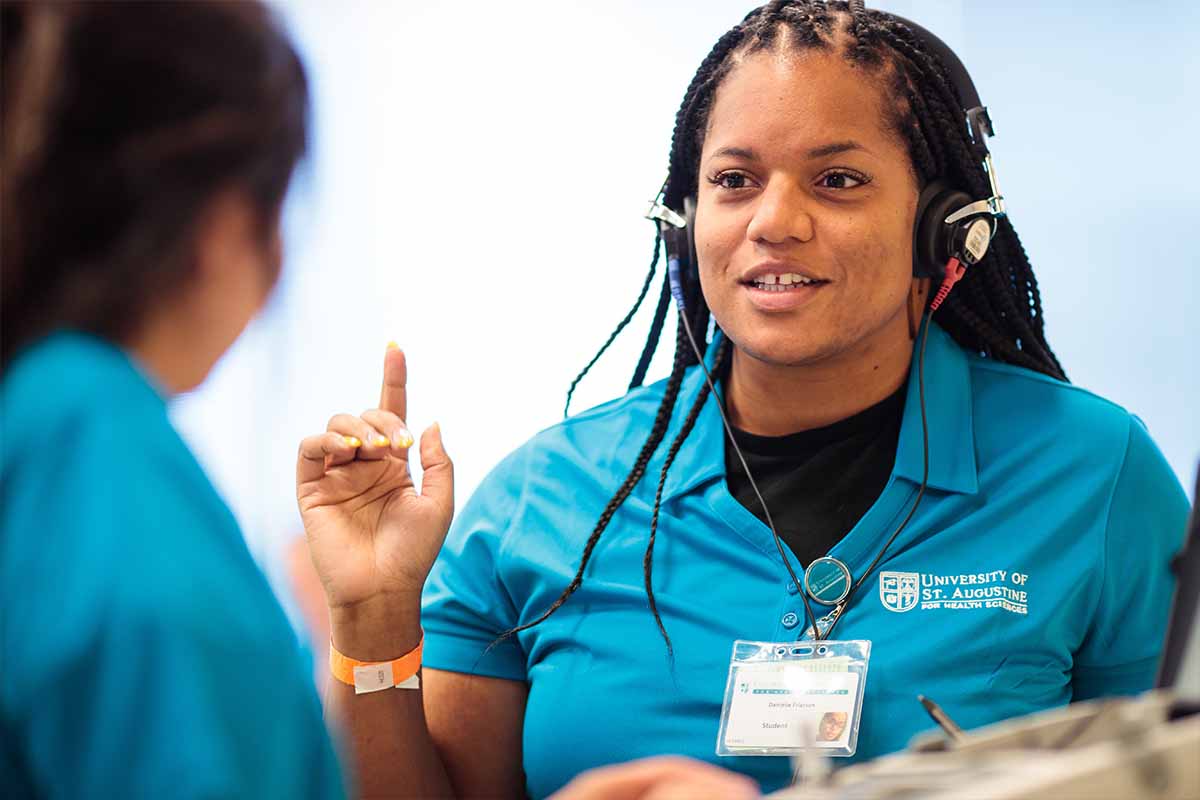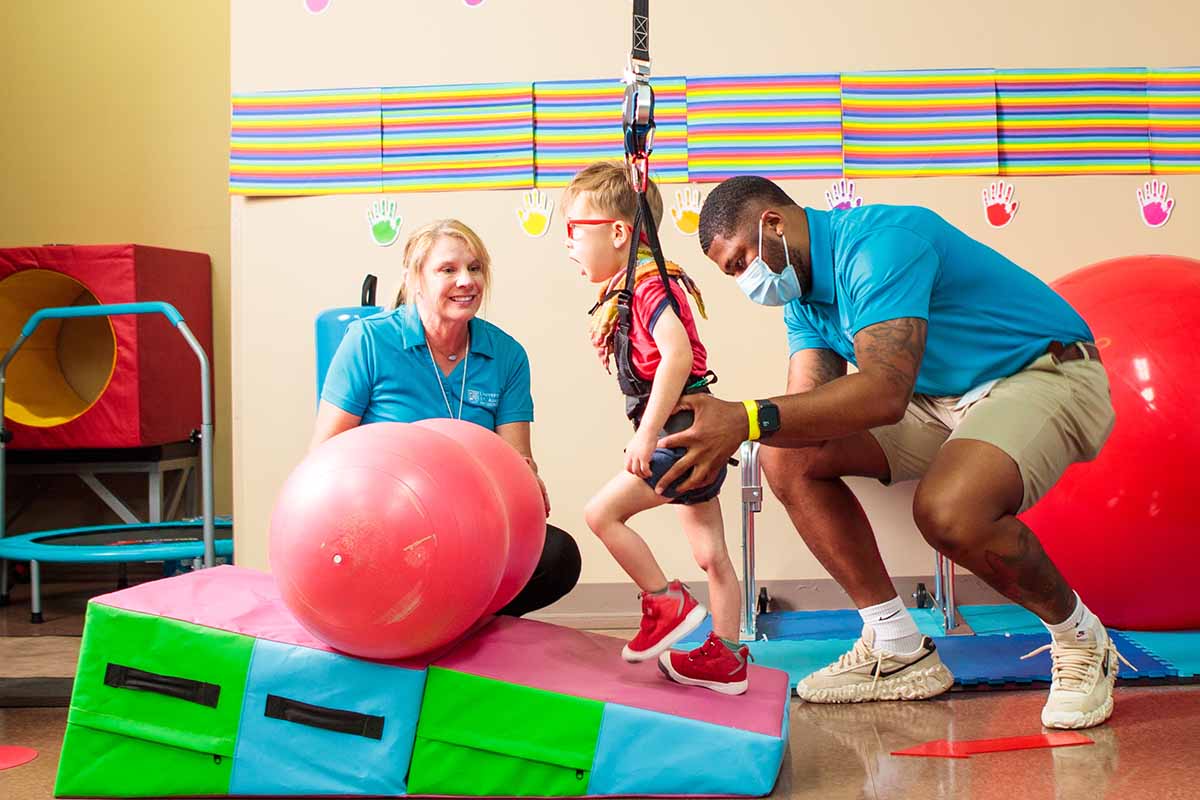
Natural disasters come with great unpredictability and power, leaving unprepared people and systems in shock in the wake of their damage. Disasters include public health crises like epidemics and pandemics—and extreme weather events such as coastal storms, blizzards, flooding, prolonged droughts, or wildfires. We’ve compiled some guidelines to help address some of these scenarios.
Guidelines for Disaster Preparation
Put Backup Systems in Place
In order to prepare for any type of disaster, it is important that healthcare organizations have a disaster plan that is well-documented, including backup systems that can kick in when Plan A fails.
As we have learned during the COVID-19 pandemic, a public health crisis can quickly overwhelm hospitals, leaving them with insufficient staff, hospital capacity, and equipment. To prepare for a second wave or even the next pandemic, hospitals need to work with local, state, and the federal government to keep and/or identify large stockpiles of equipment that may be necessary, such as personal protective equipment (PPE), testing supplies, and ventilators. They should also have a plan for how to surge staffing, bed capacity, and isolation rooms.
According to the Johns Hopkins Center for Health Security, hospitals should employ at least one full-time emergency manager and one full-time infection prevention practitioner. Each hospital should create its own pandemic response committee and also participate in a local healthcare coalition, which includes neighboring hospitals, local public health agencies, and emergency management.
During weather-related disasters, performing typical procedures such as looking up patients in the master index may not be possible, especially if there is a power outage causing IT system failure or when a patient is brought in unconscious and alone.
Of course, the most important piece of disaster preparedness is making sure that new patients are properly taken care of, from diagnosis through to treatment and follow-up. For this to happen, nurse executives and other administrators must create a reliable method of entering the patient’s information into the organization’s system, such as a manual numbering system. Patient access and financial services personnel will be able to follow up once the crisis has subsided.
Collaborate with Your Colleagues
Staffing needs will increase during any disaster. A properly prepared disaster plan for a healthcare organization includes having access to a backup or reserve medical, nursing, and administrative staff network. The credentialing committee can implement a policy granting temporary privileges during emergency or disaster situations.
The intensity of patient care activities during this time may be much closer to that of an emergency department than a typical patient care floor. Consequently, nurse educators and other instructors should provide advanced training to prepare all personnel for these types of situations.
Key staff members, such as nurse managers, should be assigned specific tasks during disaster situations. Their primary responsibilities are to make sure patients are getting the care they need, keep processes flowing as smoothly as possible, handle press requests, mitigate infrastructure and device outage issues, and keep patients and family members as calm as possible.
Disasters tend to bring out both the best and the worst in people. The best happens when nurses and their colleagues work in concert to help each other and their patients. The worst is the panic and anguish that can overcome many people, including healthcare staff as well as patients. This is where training comes in to help settle the chaotic atmosphere.
Prepare, Plan, Practice, Repeat
Advanced planning and practice are necessary so that when an emergency arises, nurses and other providers are well-prepared and can quickly move into action. Walking through an emergency operations plan in advance of a real situation enables personnel to identify problems that could occur during a real situation and allows for further refinement of the processes. Staff should perform drills at regular intervals, such as every six months.
The reality is that emergency preparedness efforts tend to be underfunded, losing out to budget needs for patient care and billing. So, nurse executives should consider allocating funds in advance for additional resources during disasters. Think outside the box when anticipating needs.
We have seen many examples of ingenuity in our healthcare system during the COVID-19 pandemic, such as using hotels, convention centers, and Navy ships to surge bed capacity. Healthcare workers from across the country have flown in to help hard-hit areas like New York City and the Navajo Nation.
Or during a natural disaster like a hurricane, if the area is flooding and water has been contaminated and the power is off for a lengthy period, local residents may depend on the nearest hospital to provide shelter and basic needs—especially if that hospital is one of the highest points in the area. This may require bringing in a tractor-trailer with a tank full of water. Disaster planning should also include situations where the healthcare facility itself is the victim of a disaster rather than the place where victims can come for treatment and refuge.
The Centers for Medicare and Medicaid Services and The Joint Commission have set forth requirements that your organization should consider as it develops its plan. The Office of Emergency Preparedness of the U.S. Department of Health and Human Services has a vast database of resources available for preparedness and disaster response planning, as does the American Hospital Association.
Taking steps now to prepare for an emergency operations plan will pay off for you and for all involved. Because it’s not if—it’s when.








